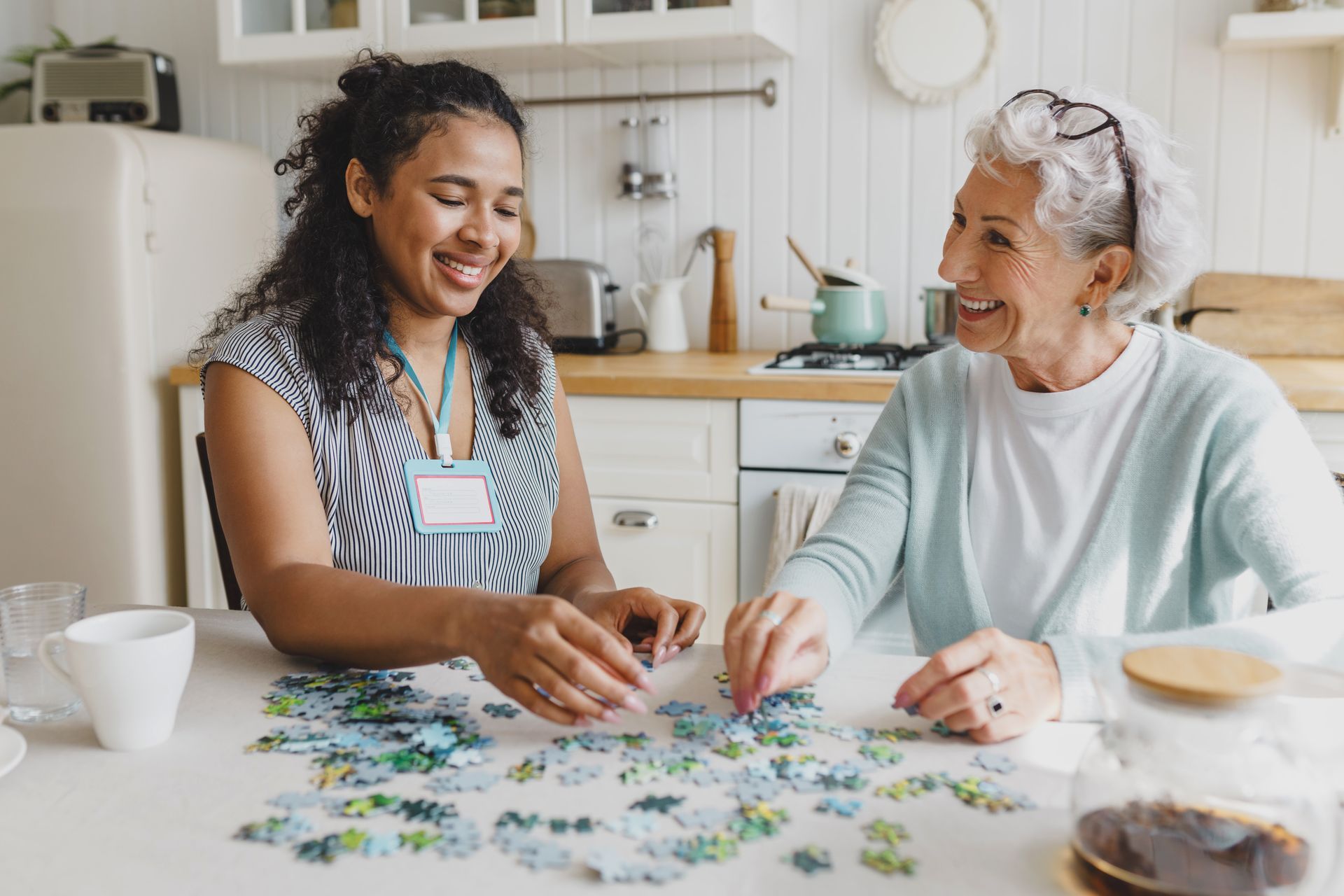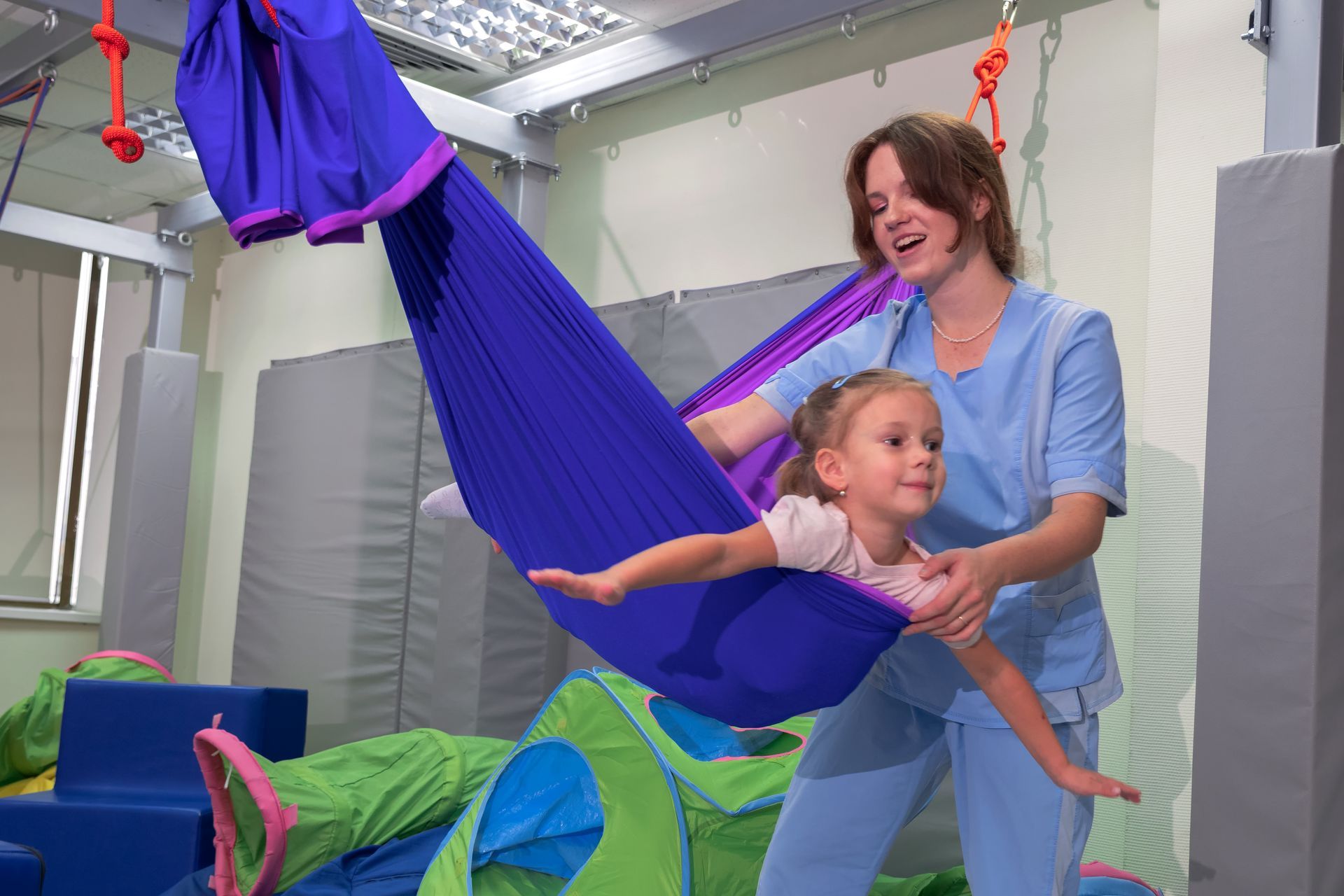Quality time, reflection, and support: Ending the year with purpose

As the year draws to a close, many of us find ourselves in the whirlwind of the holiday season. It’s a time filled with gatherings, celebrations, and a sense of togetherness, but it can also bring its own unique challenges. At helpz, we believe this season is not just about wrapping up the year but also about taking a step back to reflect, reset, and prioritise what truly matters: quality time with loved ones and your own well-being.
Spending time that matters
The holiday season is an opportunity to create meaningful moments with family and friends. Whether it’s sharing a meal, playing games, or simply enjoying each other’s company, these small acts of connection have a profound impact.
This year, we encourage everyone to pause, take stock of their achievements, and celebrate the progress made—no matter how big or small. It’s in these quiet moments of gratitude and reflection that we find the motivation to step into the new year with clarity and purpose.
Resetting for the year ahead
A fresh year is the perfect time to realign with your goals, prioritise self-care, and focus on what brings you joy. Taking time to reset doesn’t have to mean a complete overhaul—it’s about finding balance and setting intentions that feel right for you.
At helpz, we know that for many of the individuals and families we support, the holiday season can also be a time of increased stress or uncertainty. That’s why we remain committed to ensuring continuity of care and personalised support throughout this period.
Supporting you, every step of the way
Our commitment to our clients doesn’t take a holiday. During this time, helpz offers a variety of direct and indirect support options to ensure your needs are met.
- Continuity of care: If your usual practitioner is on leave, an alternate practitioner will always be available for questions, guidance, or consultations.
- Implementation plans: We provide training and guidance to ensure the recommendations in your behaviour support plans are seamlessly implemented.
- Online training webinars: Staff can access specialised training aligned with behaviour support plans and therapy goals, enhancing care quality even during practitioner absences.
This ensures that every client continues to receive the same level of care and support they rely on, even during the festive season.
Looking ahead to 2025
As we prepare to welcome a new year, we’re reminded of the power of the connections we’ve built and the progress we’ve made together. At helpz, our focus remains on empowering every individual to achieve their goals and embrace their potential, every day.
Let’s enter the new year with renewed energy, fresh intentions, and a commitment to supporting each other. Whether you’re spending time with family, reflecting on personal growth, or simply enjoying the moments that matter most, we wish you a season filled with joy, rest, and purpose.
From all of us at helpz, thank you for trusting us to be part of your journey. If you have questions or need support during this time, don’t hesitate to reach out to your helpz practitioner or therapist.
Here’s to a season of quality time, reflection, and a fresh start.







